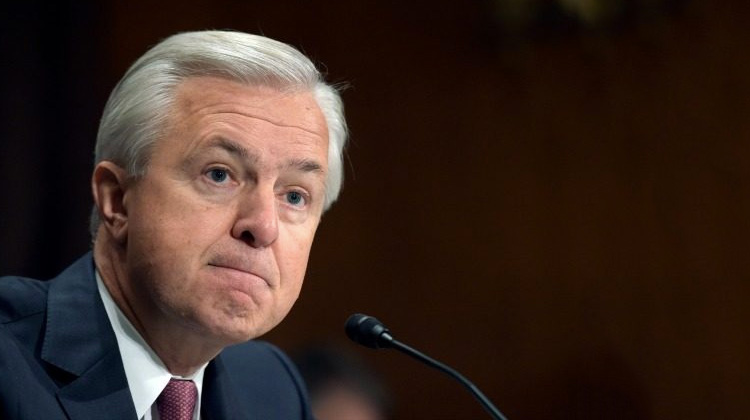Uncategorized
5 things the Wells Fargo CEO could have said to Senator Warren
- Wells Fargo has a problem: customers are just where the money comes from.
- Advances in fintech can help.








